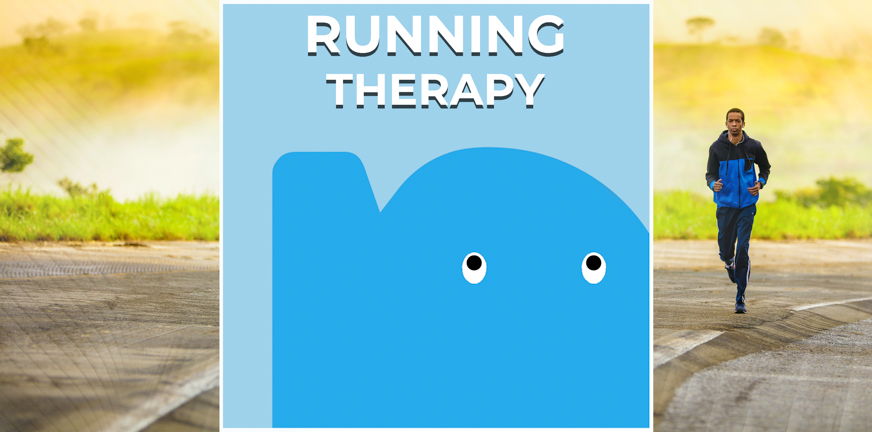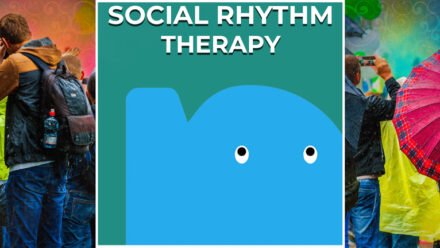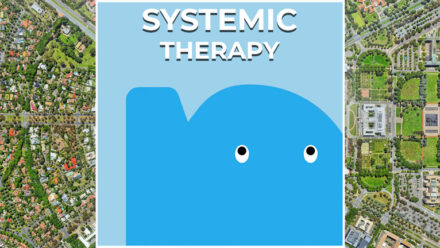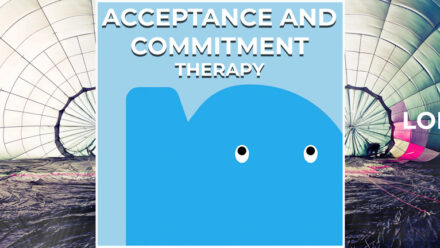
Running therapy uses jogging as a means of increasing your mental strength. It can be done in a group session, but also individually.
The benefits of running
Lots of studies point to the positive effects of running on your physical and mental health. These benefits are not just limited to running, but are seen with all kinds of sports where you train your cardiovascular system (heart and blood vessels). But still, the best for this are the endurance sports, such as swimming, cycling, jogging or skating. That’s because these sports allow you to increase your stamina gradually and schematically. Another advantage of running is that you hardly need any equipment. A pair of decent shoes and comfortable clothing is all you need to get started.
What is running therapy?
Running therapy means that you work with a training schedule that matches your fitness. For example, you start with walking for a few minutes as warming-up, followed by a minute of running, two minutes walking, one minute running, and so forth. In this way, you train your body and mind to endure the stress of running. Slowly, over the course of weeks, you become able to run for longer periods without needing to rest and recover. The advantage of such a training schedule is that you can set realistic goals for yourself and closely monitor your progress. This can really boost your motivation and self-esteem.
A running therapist helps you respect your boundaries, while pushing your limits in a healthy way. They can also help you when you have trouble to get started on your own. Running in groups can also be a fun and social activity. You can share experiences together, and motivate each other when someone is struggling to keep going. In short: running therapy is a way to improve your physical fitness, mental health, and social contacts. Being outdoors also gets you some fresh air. And lastly, exercising helps you recognize your personal limits and feel the joy of improving yourself and reaching your goals.
Running without ‘therapy’
Of course, you can also do the running without any therapy. Good starting points are sports clubs or jogging groups in your local area.




